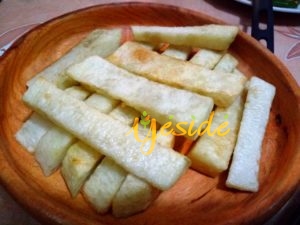
Carbohydrates, often called Carbs for short, are a regular feature in the Nigerian diet. Their major function is to provide glucose used for energy to your body. However, there are good carbs and there are bad carbs.
Carbs that have been refined are often placed as unhealthy carbs. Refined carbs are those that have nutrients such as vitamins and minerals as well as fibre removed during processing to make it more appealing to you.
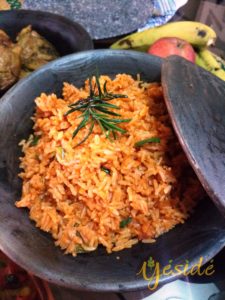
Refined Carbs are poorer in quality when compared to unrefined carbs.
Refined carbs make blood sugar rise quickly which is then followed by a crash and finally more cravings because you feel hungry again. Such carbs include sugar, white bread, white rice, semolina. Unrefined carbs or whole carbs are carbs that still contain all the natural constituents when it is to be consumed. They tend to allow blood sugar to rise slowly. This action is beneficial for our health and helpful for those who are diabetic and also those wanting to lose some weight.
What you do with your carbs sometimes determine how healthy they are. For example, frying potatoes is being regarded as a ‘not healthy’ food, because you are most likely to fry with vegetable oils which produce trans fats especially when the oil is reused. Trans fats have been linked to many chronic diseases including cancer. Also, heating such oils at very high temperature produce harmful chemicals called aldehydes. Frying Potatoes in oil also increases calorie content and the high salt content added makes the case worse. However, Potatoes in itself is not bad. When boiled, baked, and steamed, it is delicious and healthy.
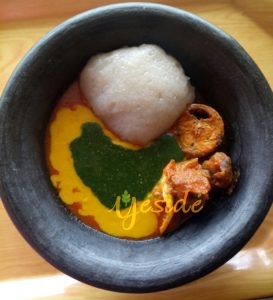
Some of the things in Unrefined Carbs make them great for the health. They include natural sugars, starches and fibres. Most of these become digested in the body with the exception of some starches called resistant starches and fibres. Resistant starch acts similarly to fibres in that they help to reduce blood sugar levels, reduce appetite and they also help to improve gut health. So, those looking to lose weight can focus on consuming carbs rich in resistant starch and fibre instead of running away from carbs altogether as they do when they use the Ketogenic diet.
So, how healthy are your Carbs? How many calories are in them? I have compiled a list of our commonly eaten Nigerian foods that are high in carbs. I also included their calorie, fibre content and made some comments about their resistant starch.
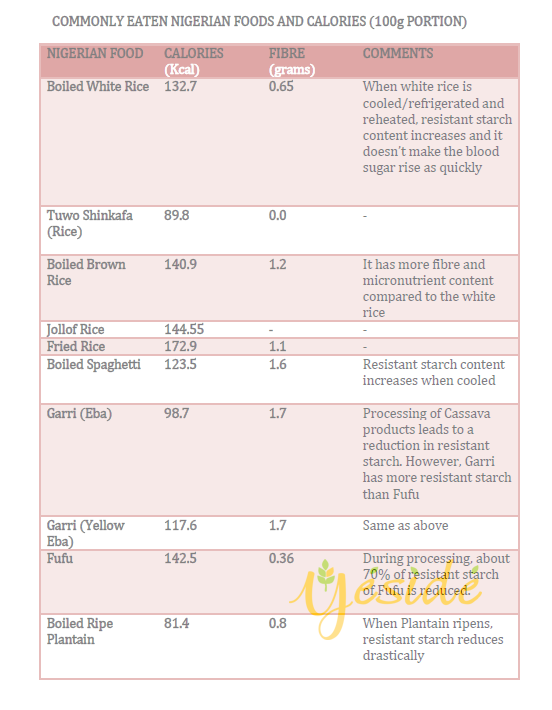
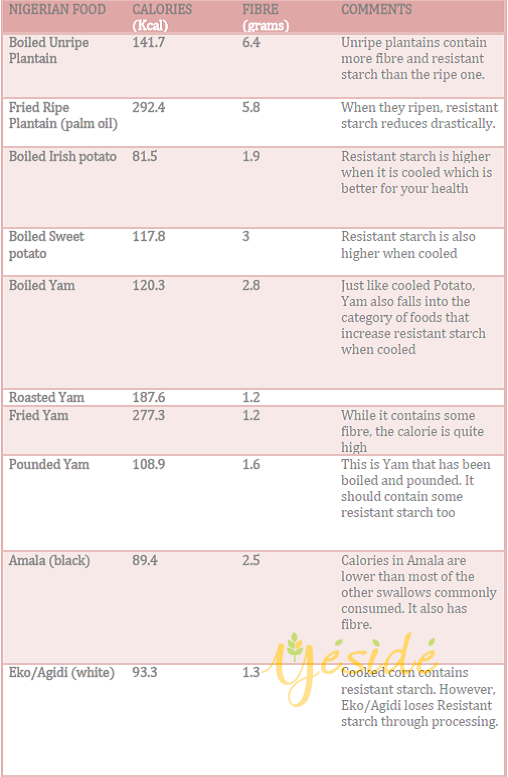
Please note that 100g portion of food may not be a representation of the quantity you eat at once. They may be a lot smaller than what you eat.
For Example, According to a research paper on portion sizes and serving sizes of commonly consumed foods by Sanusi and Olurin 2012, about 2/3 of small wrap (N20) of Amala is about 73.7g. The people of Ibadan eat about 376g of Amala on the average. So, please take note of this when looking at the table. In another post, I will try to do some justice to portion sizes based on the available evidence-based information.
Notes:
- Nigerian Food Composition Table 2017
- BS Yadav, A Sharma, RB Yadav (2009). Studies on the effect of multiple heating/cooling cycles on the resistant starch formation in cereals, legumes and tubers. International journal of food sciences and nutrition 60 (sup4), 258-272. https://www.ncbi.nlm.nih.gov/pubmed/19562607
- Frank C.Ogbo and Edith N.Okafor (2015). The resistant starch content of some cassava based Nigerian foods. Nigerian Food Journal. Volume 33, Issue 1, June 2015, Pages 29-34. http://www.sciencedirect.com/science/article/pii/S0189724115000089
- Sanusi RA and Olurin A. (2012). Portion and Serving Sizes of Commonly consumed foods in Ibadan, Southwestern Nigeria. African Journal of Biomedical Research Vol. 15; 149-158.



Great piece of write up! Well outlined.
Thank you for the information of practice. Perhaps analysing the side dishes wauld give a better profile.